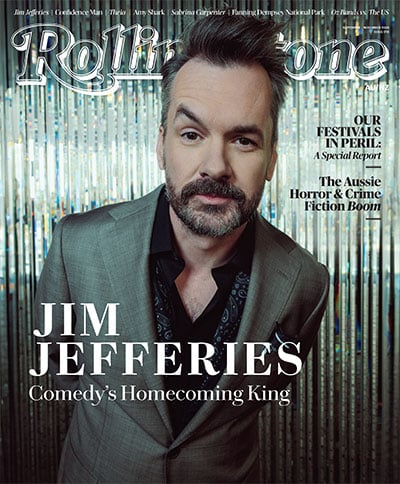The late Robert Altman’s filmography is all over the place, in every sense of the term. He’s spanned multiple genres, diverse regions of America and beyond, and the films themselves often make chaos their defining narrative and aesthetic strategy – whether it be multi-character criss-crossing mosaics likeM*A*S*H,NashvilleandShort Cuts, or the improvisatory performances and dense, murky soundscapes full of overlapping dialogue that characterise the majority of his work.
When M*A*S*H became a phenomenon in 1970, he wasn’t the only member of the Altman clan to penetrate the zeitgeist. His then 14-year-old son, Michael Altman – a guest of this year’s festival, and the curator of the Altman On Altman retrospective sidebar – had his own breakthrough with ‘Suicide Is Painless’, the film’s famous theme song, which was written under his father’s instructions to be “the stupidest song ever written”.
“I was initially glad to be able to help out on the production and was proud to be able to contribute something useful to my father’s project, but personally and creatively it was just another poem among the many I was writing at the time, and not one of my personal favorites,” says Michael. “I was also not aware of the potential success of the song or the film. I was, however, very happy about the $500 cheque I received for the licensing, which I immediately spent on a beautiful new Aria 12-string guitar.”
If the films following the golden age that started with M*A*S*H and continued throughout most of the ’70s were also all over the place in terms of quality, it was only a by-product of Robert Altman’s willingness to take risks. “In my opinion, he treated each and every project the same, like it was the most important thing in the world; there were no ‘good’ or ‘bad’ projects,” explains Michael. “He was often quoted as saying that he only made one very long movie. He believed in the body of work and was not partial to any one film.”
Altman junior, however, has certainly cherry-picked the best for Sydney Film Festival, including consensus classics (apart from the aforementioned, there’s also McCabe & Mrs. Miller) and less-heralded gems like A Wedding and That Cold Day In The Park. The program also offers a rare chance to see 3 Women, the enigmatic, unnerving 1977 psychodrama masterpiece starring Shelley Duvall and Sissy Spacek, which has never been released on Australian home video.
Many of the films from Robert Altman’s heyday were among the most radical and idiosyncratic to be produced in Hollywood, and his influence is more easily detected today in the work by studio subdivisions (for instance, the films by David O. Russell and Paul Thomas Anderson) or independent cinema. When ‘Altmanesque’ is used in relation to a mega-blockbuster, it’s usually shorthand for ‘actors ad-libbing’. When I ask Michael what Hollywood can learn from his father’s work, his answer is justifiably brusque.
“I believe big-budget, mainstream American filmmaking is incapable of learning anything from anyone, as they are only interested in the financial aspect of the business of filmmaking, and are criminally irresponsible and negligent of the potential for uplifting and expanding the consciousness, hearts and minds of the general public who support them. They see only wallets, not souls.”
Altman On Altman is a part of the the Sydney Film Festival 2014, full program available online.

































